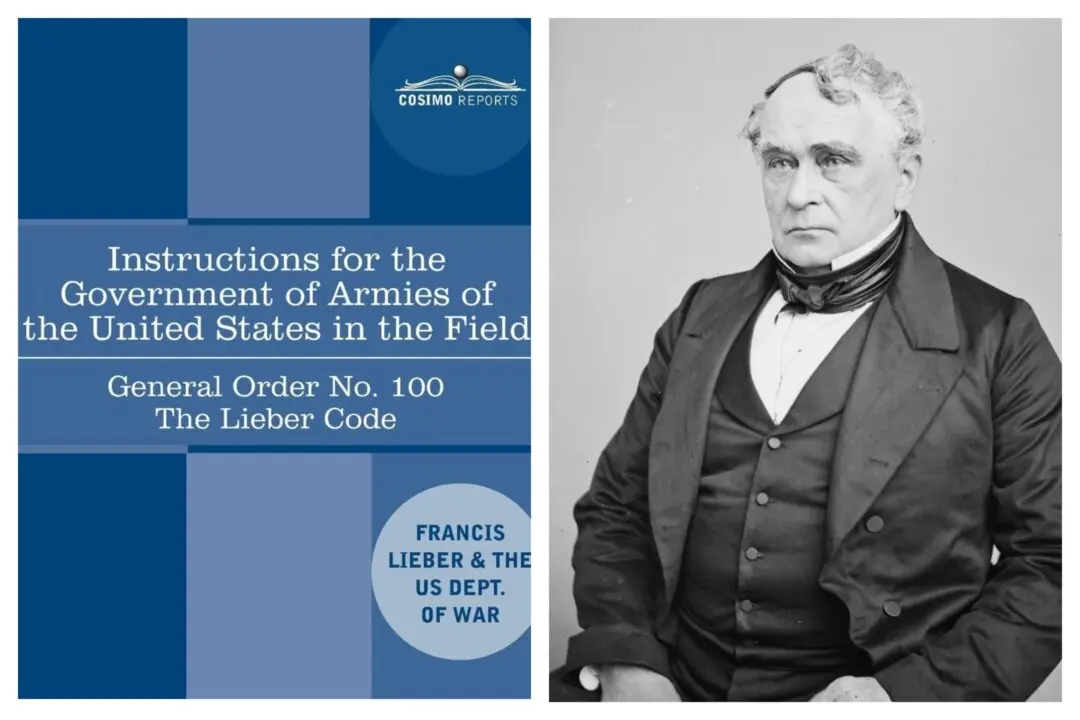John Stevens (1749–1838) was born into a wealthy family, finished his education at King’s College (now Columbia University) in 1768, was admitted to the bar of the New York and New Jersey colonies 1771, but never practiced law. Perhaps his interest lay elsewhere; as historian Archibald Douglas Turnbull noted, Stevens was “a farmer, a horticulturist, a student of law and medicine, a sportsman, and a great mechanical engineer.”
Several other professions could be added to that list: soldier, treasurer, and surveyor. When war broke out against the British, Stevens told William Franklin, governor of New Jersey, “Your Excellency will not wonder [that] I should prefer the duty I owe my Native Country to any other Consideration.” He enlisted into the Continental Army, but was soon appointed treasurer of New Jersey, a position he held from 1776 to 1779. As the war was coming to its end, he became surveyor of eastern New Jersey from 1782 to 1783. During that time, he married Rachel Cox, with whom he would have 11 children. By war’s end, he held the rank of colonel.






